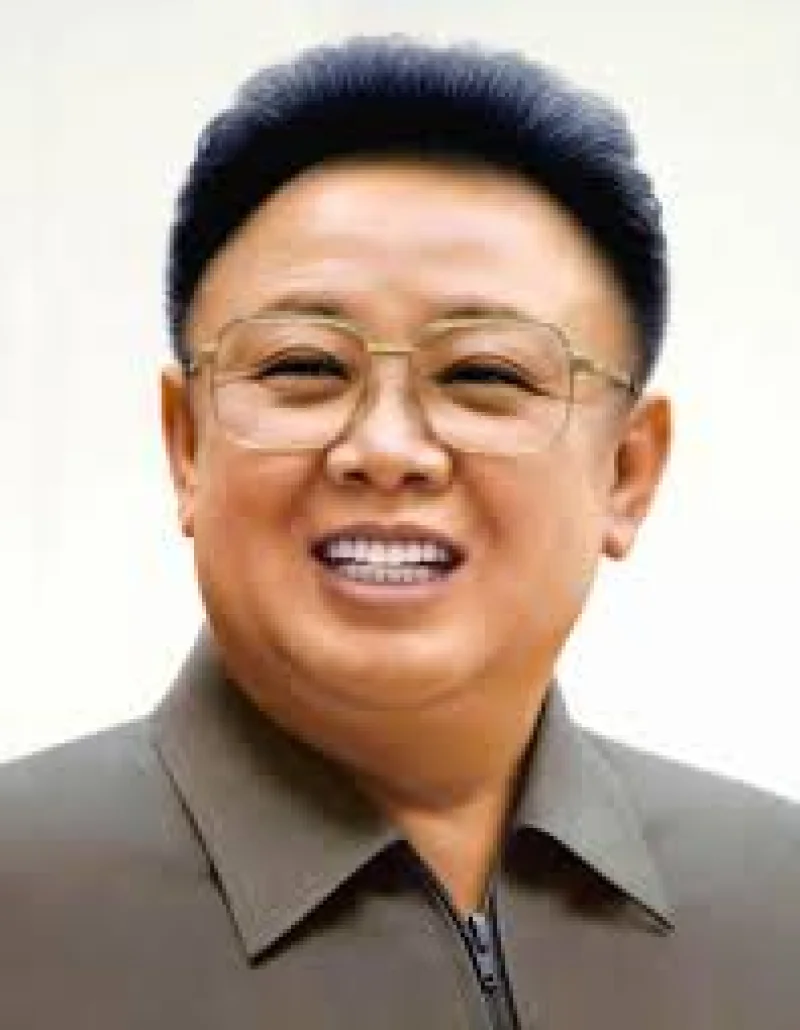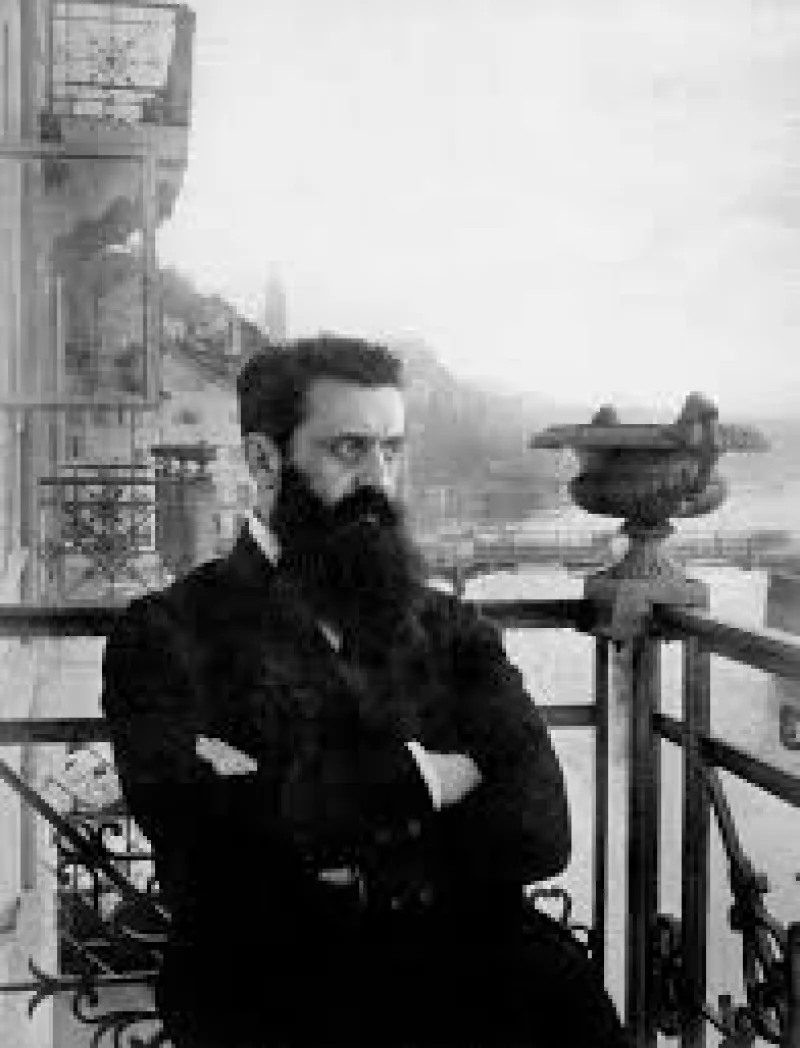Short Summary
Kim Jong-il was the Supreme Leader of North Korea from 1994 until his death in 2011. He was known for his autocratic rule and the development of North Korea's nuclear program. His leadership was marked by a strong emphasis on military power and the cult of personality that surrounded him. Despite international isolation and economic challenges, he maintained a firm grip on the country, ensuring the continuation of the Kim dynasty's rule.
Early Life & Education
Kim Jong-il was born on February 16, 1941, in the Soviet Union during his father's exile. His father, Kim Il-sung, was a prominent figure in Korean politics and later became the founding leader of North Korea. Kim Jong-il spent his early years in the Soviet Union and returned to Korea after World War II. He was educated at Kim Il-sung University, where he studied political economy. During his formative years, he was heavily influenced by his father's revolutionary ideals and leadership style, which shaped his future political career.
Career Highlights
Kim Jong-il's political career began in the 1960s, rising through the ranks of the Workers' Party of Korea. He was appointed to key positions such as the head of the Department of Organization and Guidance. In 1994, following the death of his father, he became the Supreme Leader of North Korea. His tenure was characterized by the consolidation of power and the strengthening of military capabilities, including the controversial development of nuclear weapons. Under his rule, North Korea pursued a policy of self-reliance, known as Juche.
Major Achievements
- Consolidation of Power: Ensured the continuation of the Kim dynasty by securing his leadership after his father's death.
- Nuclear Program Development: Advanced North Korea's nuclear capabilities, leading to the first nuclear test in 2006.
- Military First Policy: Implemented "Songun" or military-first policy, prioritizing military needs over other state affairs.
Famous Quotes
- "The cinema is the most powerful weapon."
- "We oppose the reactionary policies of the United States and support the just struggle of the people of the world."
Interesting Facts
- Kim Jong-il was reportedly an avid fan of cinema and had a vast collection of over 20,000 films.
- He was said to have a fear of flying and preferred to travel by train for international visits.
- His official biography claims he was born on Mount Paektu, a sacred site in Korean mythology.
- Under his leadership, the country experienced a severe famine in the 1990s, known as the Arduous March.
Legacy / Influence
Kim Jong-il's legacy is marked by his firm control over North Korea and the establishment of a nuclear-armed state. His policies and leadership style have greatly influenced the country's political landscape and have had lasting impacts on international relations. The continuation of the Kim dynasty with his son, Kim Jong-un, reflects his deep influence on North Korean governance.
FAQ
Q: Why is Kim Jong-il famous?
A: He is famous for being the Supreme Leader of North Korea and for advancing the country's nuclear program.
Q: What was Kim Jong-il's leadership style?
A: His leadership was marked by a strong emphasis on military power and a cult of personality.
Q: How did Kim Jong-il maintain power?
A: He maintained power through political consolidation, military strength, and promoting the Juche ideology.









